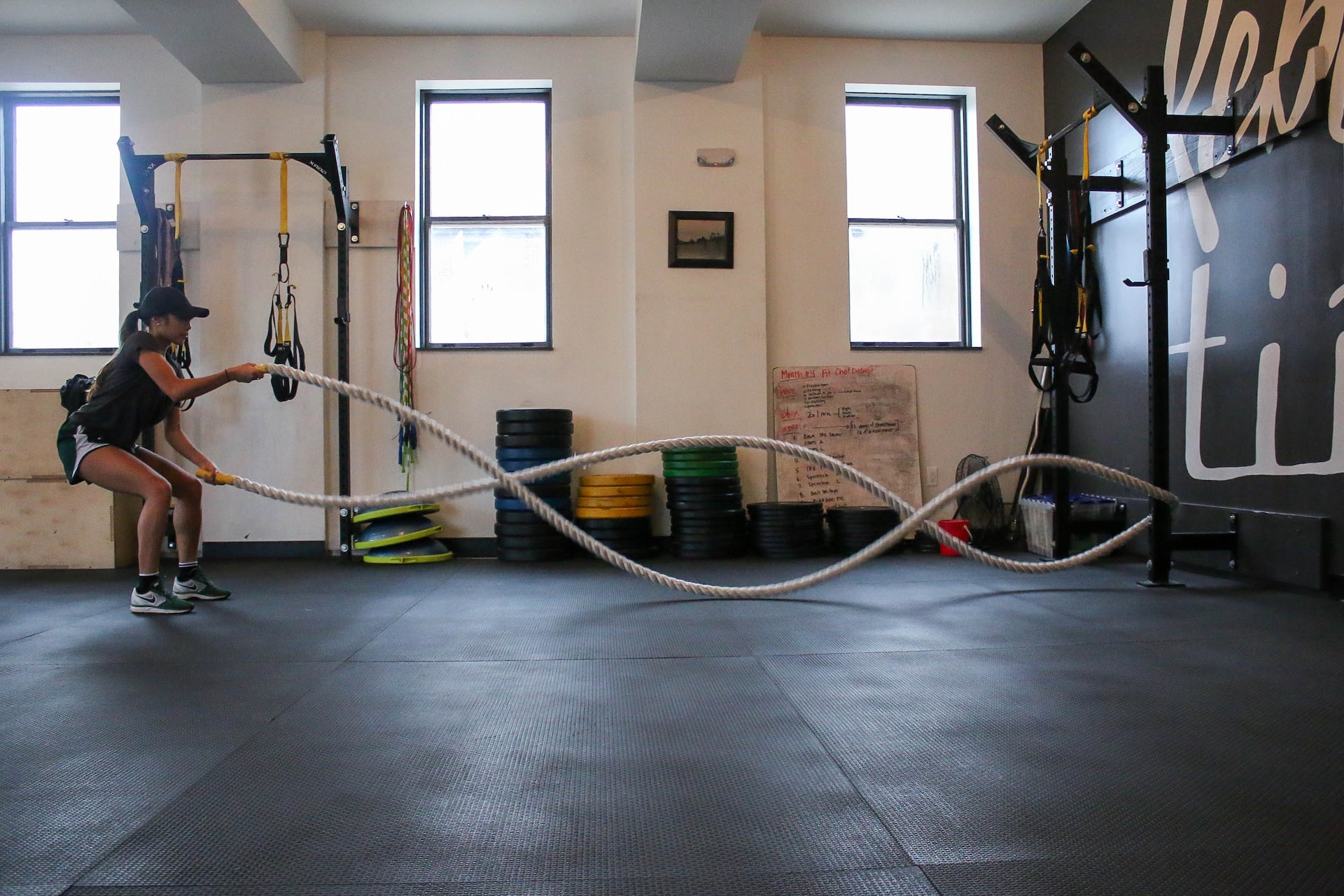Many sellers (and many more buyers) choose a friend or relative as their real estate agent. In other circumstances, this may not be the best course of action. There may be another realtor who is more knowledgeable about your region or has a proven track record of selling homes quickly. Here’s how to make sure the 5% to 6% of the selling price of your property you’ll spend on a real estate agent is money well spent:
To begin, you’ll want to select an agent who is familiar with your community, including schools, roads, retail, swim and tennis clubs, and other local amenities.
Agents will compete for your listing if you make them compete.
Take note of the names on for-sale signs in the area and in newspaper adverts. To see the three or four agents who seem to be doing the most business after you’ve established a list of them. Pay a visit to one of their open houses to witness how they deal with potential purchasers. (You don’t have to admit that you’re considering selling.) After that, contact those that have piqued your interest and invite them to provide a listing presentation.
Be wary of the mexico real estate tulum who brags about how quickly your home will sell and promises a better price than surrounding homes.
Request that agents compare the original asking and selling prices of homes that they’ve recently sold. How long did those houses take to sell?
A good agent’s estimate is based on a survey of previously concluded sales of properties that are similar to yours. Other properties on the market (current listings) and pending sales (homes that are under contract to sell but haven’t yet sold) are also taken into account by agents. They are aware of which neighborhoods are vying for the same buyers.
 Inquire about how many deals each agent has completed in the last 12 months. Their response should be one every month. And it would be ideal if the majority of those homes were within your price range.
Inquire about how many deals each agent has completed in the last 12 months. Their response should be one every month. And it would be ideal if the majority of those homes were within your price range.
What methods will agents use to market your home? You can do your own research on their websites. Do they provide up-to-date market data? What kind of local information do they provide or link to that prospective purchasers would find useful? Examine the quality of the imagery or virtual tours used to illustrate their listings, as well as the level of detail provided in the listing information. Aside from the agent’s website, where will your listing appear online? Request copies of genuine ads and brochures that were used to sell properties similar to yours. How many advertising will be placed in which newspapers for your home?
Your property should be put on the brokers’ tour as soon as you’ve listed it, because that’s when other agents will be most interested in seeing it.
Even though most open houses don’t result in buyers, it’s a good idea to host one every now and then. However, don’t automatically dismiss an agent who stresses other marketing tactics above open houses.
Will agents assist you in staging your house before you list it? Good ones will inspect your home and point out where and what needs to be cleaned, decluttered, repaired, or updated. Then they, or someone they hire, will “window-dress” your home to appeal to as many potential purchasers as possible. (You may perform a lot of the cleaning and decluttering before you even show your property to an agent to save time.)
Finally, double-check your references. Request the names of recent clients, then contact them to inquire about how well the agent communicated with them, how close the listing price was to the final sale price, and whether they would use that agent again.
Make the Contract Your Own
Giving the agent “exclusive right to sell” your home is the most common (and typically best) listing arrangement. This implies that if another realtor brings in a buyer, your agent will divide the commission with them. This arrangement attracts the most attention from other agencies to your home.
Commit to the shortest listing duration possible — say, three months — and then renew it if necessary. If the agent insists on a lengthier contract, come to an agreement: Based on data from the local multiple listing service, adjust your listing to the average time it takes to sell a home similar to yours (the database of homes for sale by all the brokers in your area).
Make an exception for yourself.
That doesn’t imply you’ll be trapped with an agent who turns out to be a pain in the neck. Include a clause in the listing contract that permits you to terminate the contract if you are unhappy with the agent’s performance.
Brokerages will usually try to reassign you to another agent first, and if that fails, they will release you from the contract.
You should also feel free to scratch out any clause in the contract that requires you to arbitrate any problems you have with the agency before signing. You have the option of pursuing legal action.
Put your house on the market as soon as possible.
Demand that your agent enter your home into the multiple listing service within 48 hours of completing the listing contract (or when your home is ready to show).
Some unethical agents would “pocket” the listing in the hopes of getting first crack at an in-house sale for themselves or another agent in their brokerage business. This is doubly profitable because the brokerage isn’t required to share the commission with a third party.
However, if your home is exposed to the entire market of buyers, you will be better off. An in-house sale may not attract the highest bidder, and you may not receive the greatest possible price for your home.








